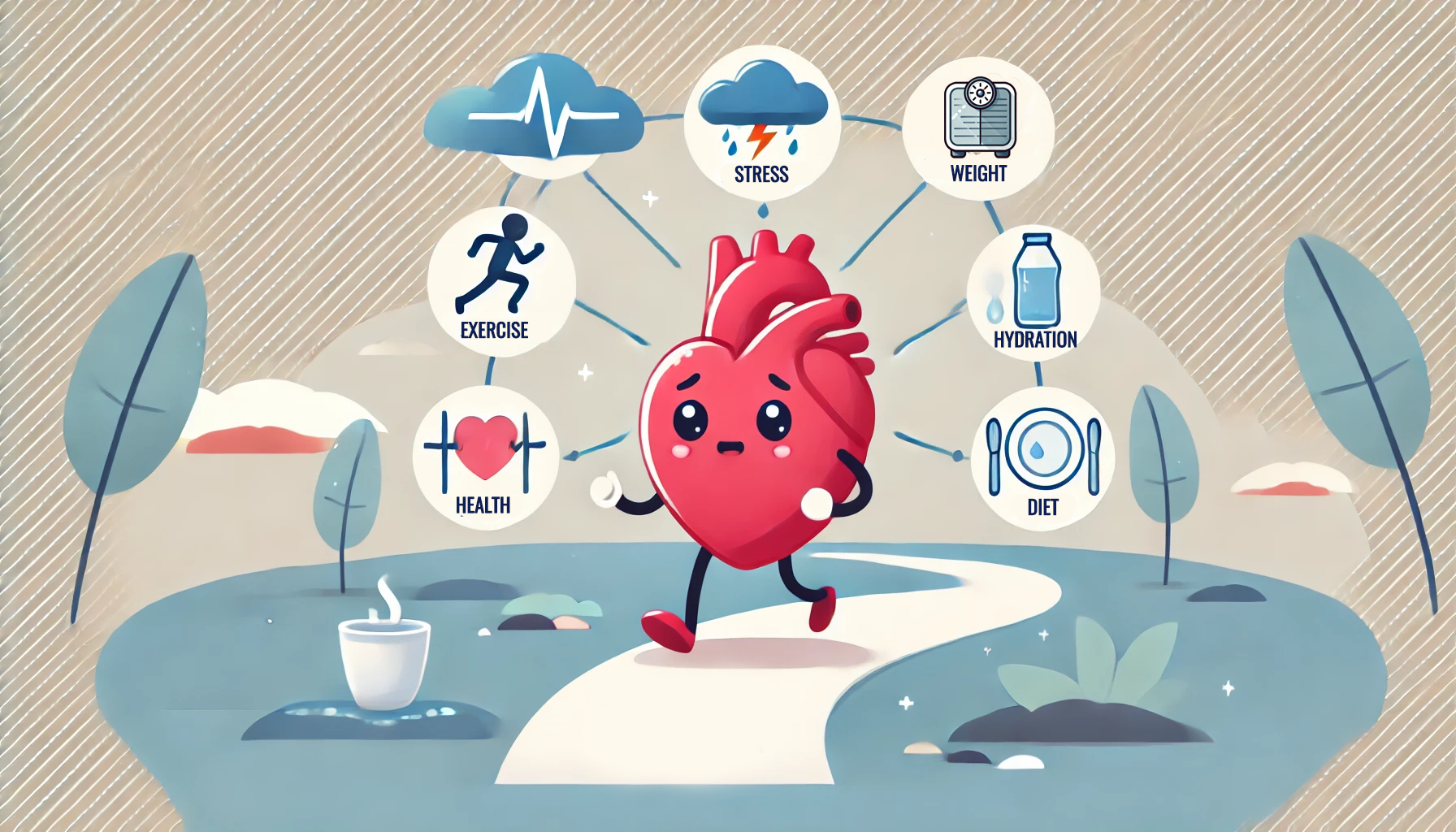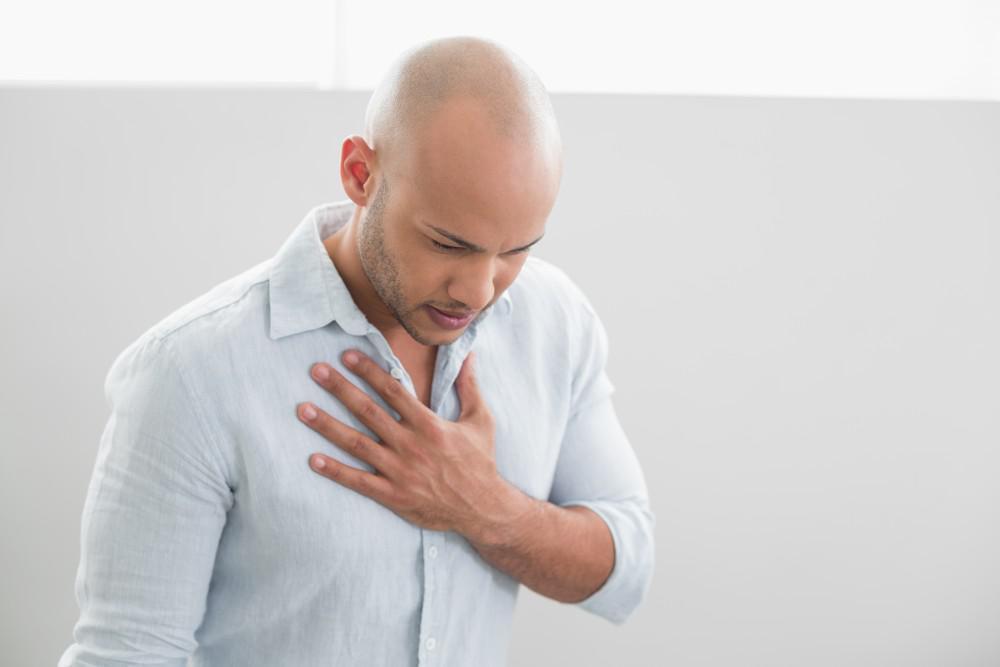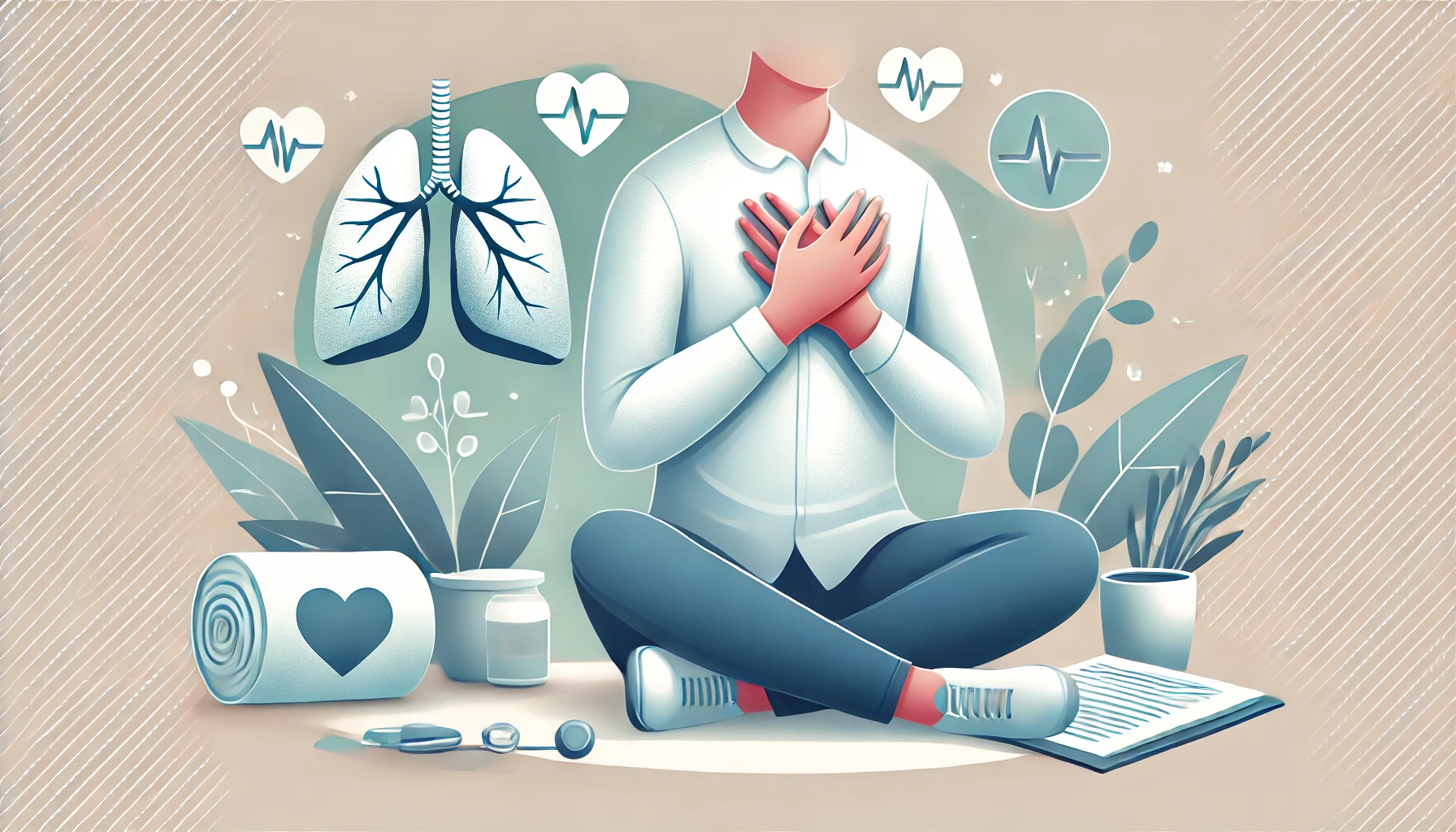Chest pain can indicate simple medical problems like muscle strain from too much exercise or, heaven forbid, a heart attack.
The American Heart Association says chest pain is a top 10 reason people go to emergency rooms. More than 7.5 million people sought emergency care for chest pains in 2016, a study shows.
Some of those cases weren’t serious, but some were life-threatening. When you feel chest pain, how do you know if it’s a minor or major problem?
Dr. Rishin Shah at Prime Heart and Vascular, with offices in Frisco, Plano, and Allen, Texas, knows how scary chest pain can be. Here are telltale signs that can help you determine if your chest pains signal something serious.
What can cause chest pain
Chest pains can signal several medical conditions divided into four groups: respiratory, musculoskeletal, gastrointestinal, and cardiac. Here are some conditions that can cause pain in your chest:
- Ulcers
- Asthma
- Stress
- Pericarditis
- Anxiety or depression
- Muscle strain
- Collapsed lung
- Angina
- Gallstones
- Pneumonia
- Gastroesophageal reflux disease
- Hiatal hernia
- Cardiomyopathy
- Pancreatitis
- Rib injury
- Bronchitis
If your chest pain is due to a cardiac condition, it still may not be a heart attack or a tear in your aorta, which could quickly kill you. It could be pericarditis, inflamed tissue around your heart; cardiomyopathy, a disease of the heart muscle; or myocarditis, inflammation of your heart muscle.
These conditions require medical care, but they aren’t imminently life-threatening.
To treat cardiac issues before they become serious problems, Dr. Shah and our skilled team may recommend lifestyle changes, including weight loss, exercise, and a healthy diet. Dr. Shah may also design a plan that includes medications or a blood thinner.
Symptoms that require immediate attention
Chest pain that pairs with the following symptoms could indicate a serious condition:
- Nausea
- Vomiting
- Cold sweats
- Dizziness
- Shortness of breath
- Burning sensation around your heart
- Fullness in your chest
Another heart attack symptom is pain radiating down one or both arms and to your shoulders, jaw, and back. If you have any of these symptoms, dial 911 or get to the closest emergency room.
Remember, each person experiences a heart attack in a unique way. You may have several symptoms at once and feel searing pain. Some people’s symptoms are subtle. They may notice only some chest pressure or experience shortness of breath.
If you’re concerned about your heart health, visit Prime Heart and Vascular so we can check your symptoms, evaluate your risk for heart disease, and provide complete physical exams, laboratory testing, chest X-rays, and an electrocardiogram if needed.
To schedule an appointment call us or book an appointment online today.





